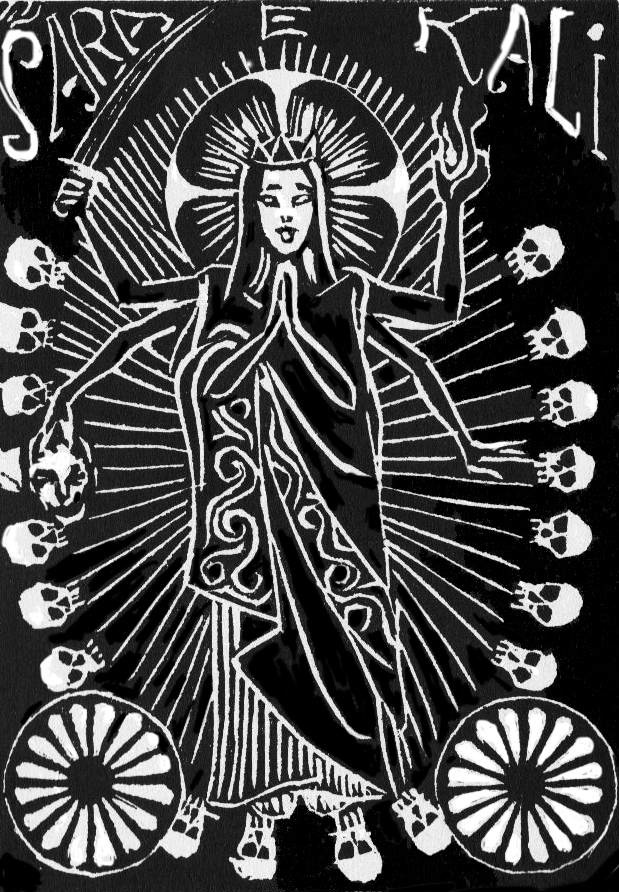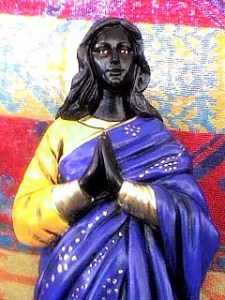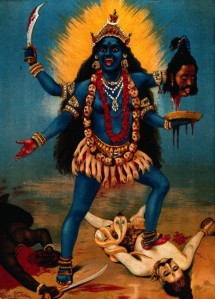Sara la Kali (Sara the Black) is the Romani Goddess-Saint who many Roma worship, and those who can will pilgrimage to the South of France to her statue on May 24th-26th and celebrate her with flowers, dancing, music, art, and a march into the ocean with her statue. Lots of Roma try their hand at matchmaking too, which adds a lovely springtime romance air to the holiday. I haven’t been lucky enough to attend (yet) but I honor her in my own ways. My poem “Transfiguration of the Black Madonna” is dedicated to her and expresses the hardship and cultural colonization that her people, the Roma, face. The snakes call back to her Indian origins and Shakti energy– the serpentine divine feminine. I’m delighted that the poem is out in the anthology by Sundress Press, Political Punch: Contemporary Poems on the Politics of Identity Anthology , now available. The book is chock-full poems by poets I deeply admire with a hard, smart political edge.
If you would like to read an account of the festival, the jazz singer Tatiana Eva Marie, of Romani descent, wrote a beautiful essay for Quail Bell Magazine, “Sara-la-Kali: The Gypsy Pilgrimage,” about her experience of the pilgrimage and festival, dotted with wild ponies, art, and salt.
Here’s my poem, first published on The The Poetry Blog, and now in the Political Punch anthology. Check out the blog for more poetry!
“Transfiguration of the Black Madonna” (excerpted from Zenith)
Gypsy Goddess; Gypsy Saint
Black Madonna, full of snakes, let your crescent down. Wield the sickle, rush the milk, and salt the serpents’ mouths. Golden bangles, black milk snakes—these adorn your arms. Blue sky cloth cut for (you) Sarah, Sarah Black, Madonna Shadow, cut for goddess saint of wanderers, cut predestined, cut of chaos, cut the star palm bowls. Slip the feathers under scales and reform the body whole. You were a slave who sailed the chasm, sailed the sea and sun. Persecution sprang a river from the monster: milk, and spit, and blood. In the monster lived a woman and the woman’s soul—you wore her face and wore her tresses spun from black snake gold—golden teeth and golden brow, golden tail and root. The milk snakes split their nests and fled and now your mouth is ruined. There is no birth, there is no death, there’s only mutant growth, and milk snakes dyeing Sarah’s skin with heaps and heaps of gold. There is no sickle, there is no moon, there is no blood or salt. There’s only Sarah sailing through the dream in which she’s caught.

Image by Tatiana Eva Marie, Quail Bell Magazine










